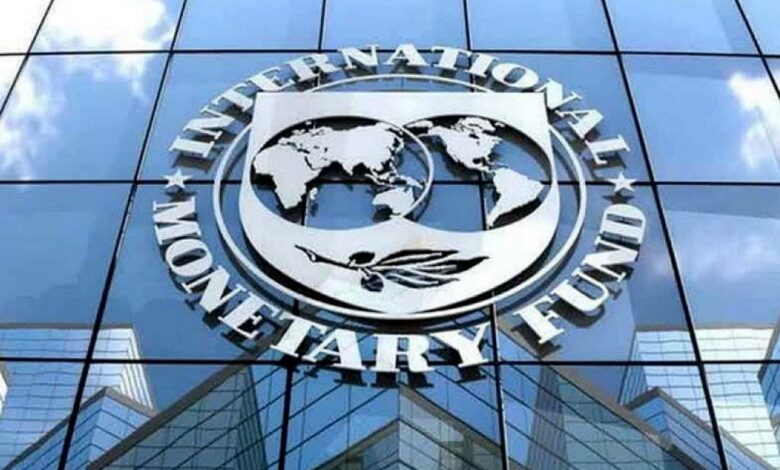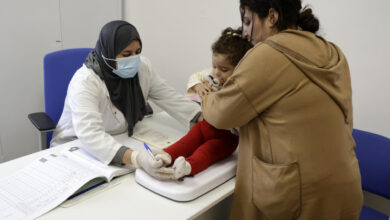
An International Monetary Fund (IMF) delegation is expected to arrive in Accra, Ghana, on February 8, 2025, to hold key discussions with the government on the state of the economy and the upcoming 2025 Budget.
The five-day visit will also assess progress on external debt negotiations and energy sector liabilities.
Key Issues on the Agenda
Sources indicate that the discussions will focus on Ghana’s economic trajectory and fiscal plans, particularly regarding the 2025 Budget, which is anticipated to be presented to Parliament in March 2025.
The IMF team will also evaluate the government’s negotiations with external commercial creditors and its strategies for resolving the country’s energy sector debt.
Additionally, the IMF is expected to seek clarity on government plans for addressing Ghana’s energy challenges, including potential privatization of aspects of the Electricity Company of Ghana’s (ECG) operations.
Not a Review Mission
According to sources within the Finance Ministry, this engagement is not a formal review mission but rather a consultative visit centered on economic developments and budgetary planning. The IMF’s fourth review of Ghana’s program is scheduled for later in 2025, based on fiscal data up to December 2024.
A successful review could unlock further disbursements from the IMF, with the next tranche of funds expected around June 2025.
2025 Budget and Revenue Mobilization
The IMF will also assess whether the 2025 Budget aligns with the objectives of Ghana’s three-year IMF program, particularly efforts to enhance revenue mobilization and achieve debt sustainability.
A critical issue in the discussions will be the government’s approach to filling a potential revenue gap if Finance Minister Dr. Ato Forson proceeds with the removal of certain taxes, including the Betting Tax, COVID-19 Levy, and E-Levy.
Preliminary estimates suggest that eliminating these taxes could result in an annual revenue shortfall of approximately GHS 10 billion. The IMF team is expected to request a detailed plan from the government on how it intends to mitigate this fiscal impact.
Programme Extension and Additional IMF Funding
Dr. Forson recently indicated that the government may seek an extension of the IMF program to secure additional financial support for economic stabilization. The upcoming meetings will provide an opportunity for both parties to further discuss this proposal.
While the IMF has expressed openness to reviewing the program, any potential modifications will need to align with the broader objectives of fiscal discipline and economic recovery.
Ghana’s IMF Programme Progress
Ghana has received approximately $1.9 billion from the IMF since signing onto the program in May 2023. Following the country’s successful completion of the third review, the IMF noted in a statement that Ghana’s program performance has been “generally satisfactory,” with significant progress made in debt restructuring.
“Economic growth in the first half of 2024 exceeded expectations, inflation has continued to decline, and the fiscal and external positions have shown marked improvements,” the IMF remarked in its review statement.
The upcoming discussions will therefore be crucial in determining Ghana’s next steps in sustaining economic stability and securing further support from the IMF.





